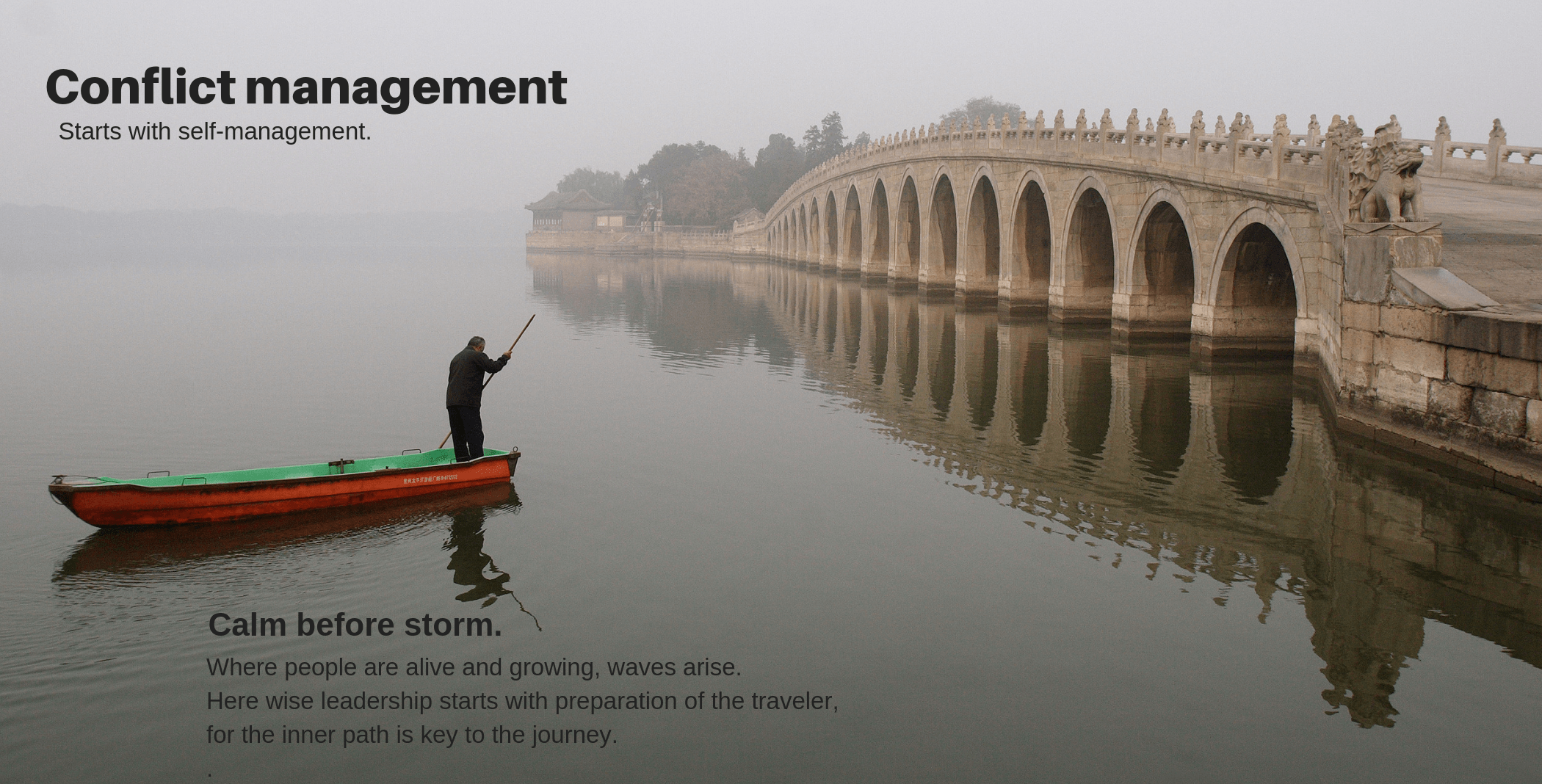About the Combination of Directing and Cooperating in Storm Settings
You scored high for both Directing and Cooperating in Storm. This combination has a particular character that you should be aware of.
Strengths of this combination: A strength of this combination is high energy and high engagement. Even just on its own, either style will help you to stay engaged and stay strong on the agendas you care about, even when others disagree. But you scored high in both styles in Storm conditions. This suggests unusual ability to function with confidence and energy in the midst of considerable tension.
This ability can serve you well in challenging circumstances, such as needing to coordinate others and provide leadership in adversarial or high stress situations, or in negotiating with a wily opponent who must be engaged but not necessarily defeated.
Limitations of this combination: Like all style patterns, this combo has particular limitations that you should be aware of. Both Directing and Cooperating deal with conflict by engaging opponents rather than stepping aside or yielding. Engaging is great, but it requires a lot of time and energy. Given your scores, you are vulnerable to over-engagement and to burnout over time.
How to benefit from the strengths and reduce your exposure to the limitations: If the above has a ring of truth for you, you might benefit from some of these ideas:
1) Develop your conflict assessment skills, so that it becomes second nature to look before you leap. Ask yourself if the issue is really as urgent as you feel that it is. Choose carefully both the issues to which you choose to commit the time and energy that conflict requires, and the timing of when you deal with things. You can't fight every battle all the time. Make careful choices before engaging.
2) Use phasing. Teach yourself and lead others in a phased approach to conflict whenever possible. Learn about problem solving strategies (lots of resources on the web for that), which will help you recognize that many activities happen in the course of conflict resolution - problem acknowledgement, issue clarification, needs identification, options generation, options evaluation, preliminary agreements, final agreements, etc. As you expand your ability to break down conflict resolution into phases, you will find that you can more easily avoid being overwhelmed. You will be able to make better judgements about exactly what to do in a given moment and what to put off till another round.
3) Make self-care part of your routines. Develop disciplines of personal renewal and de-stressing to help you maintain perspective and rebuild your strength. Your score combo can be a setup for burnout because it points you so strongly towards work and engagement. Regular physical exercise will have huge payoffs. Schedule time to relax, every day, even if only a few minutes. Arrange to have some hours and days away from it all on a regular basis. Commit yourself to practices of heart and soul that remind you "this too shall pass", and that direct your attention in a deep way to awareness beyond the constant demands of the world you live and work in.
4) In leadership, balance your passion for involvement with commitment to help others get involved. Delegate, bring others forward, step back and make space for those not quite as confident or quick as you to step forward.



 Need assistance? Email center@riverhouseepress.com with a copy of the login instructions you received and a brief description of what is happening. We'll reply in one business day-usually less.
Need assistance? Email center@riverhouseepress.com with a copy of the login instructions you received and a brief description of what is happening. We'll reply in one business day-usually less. 